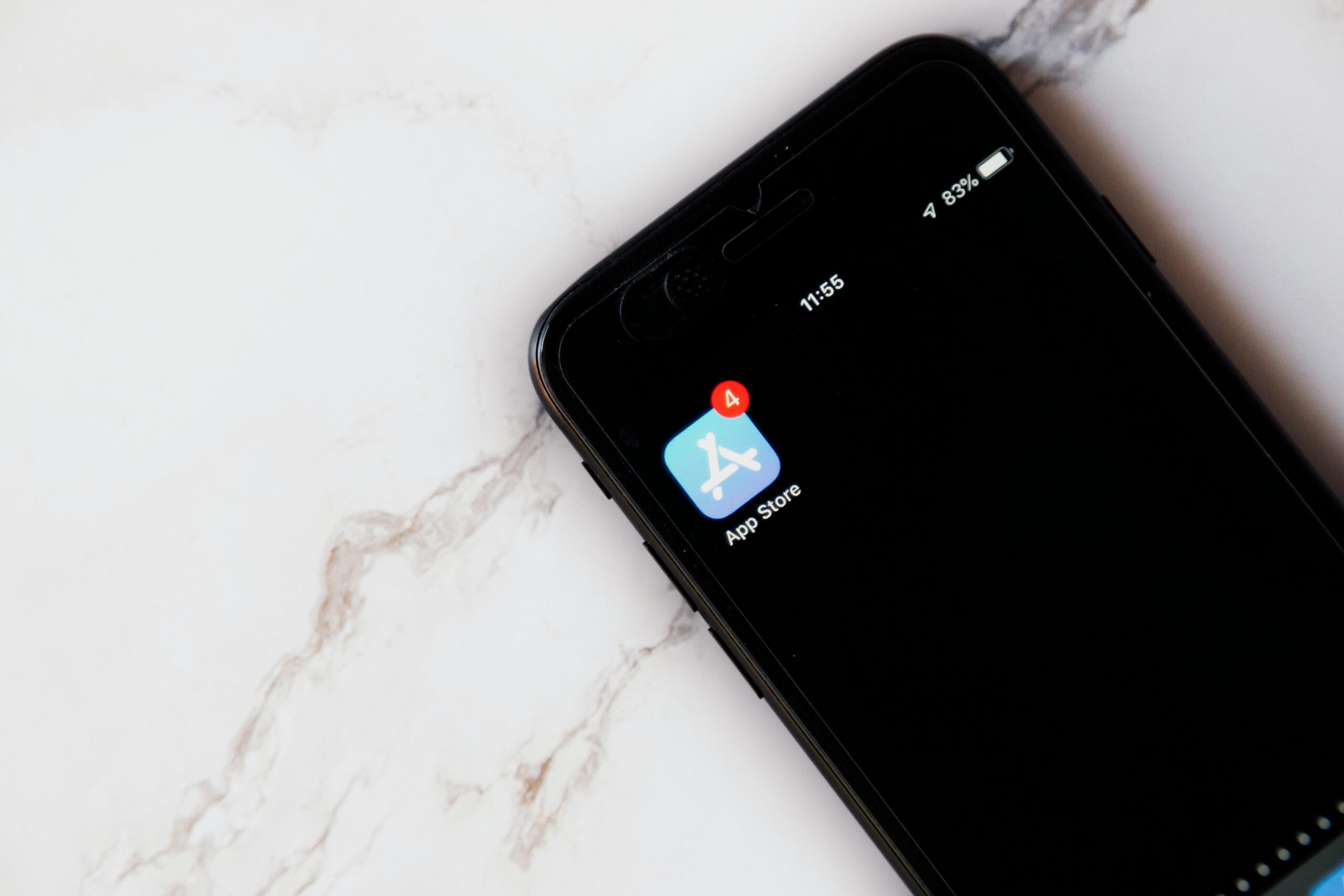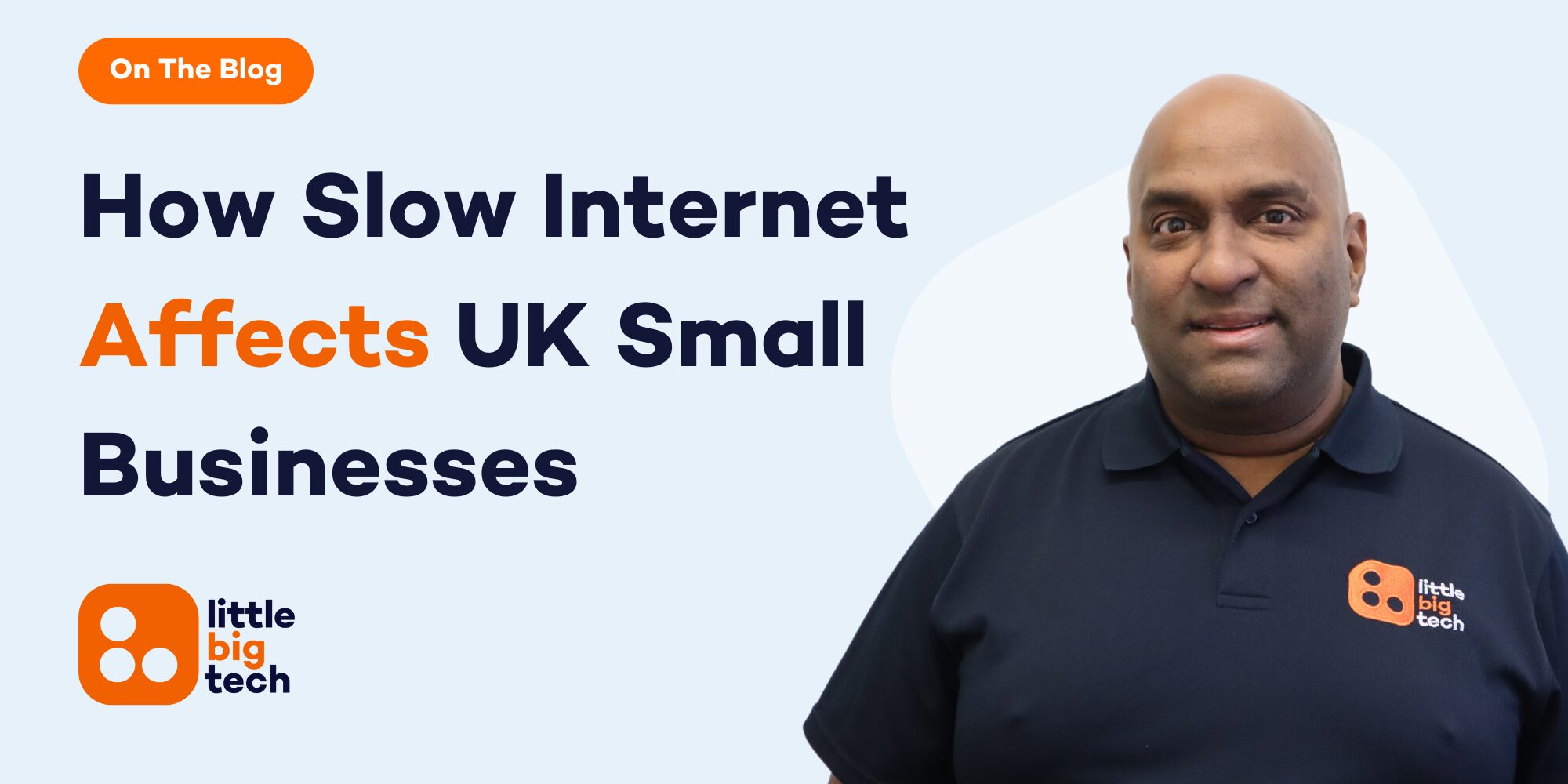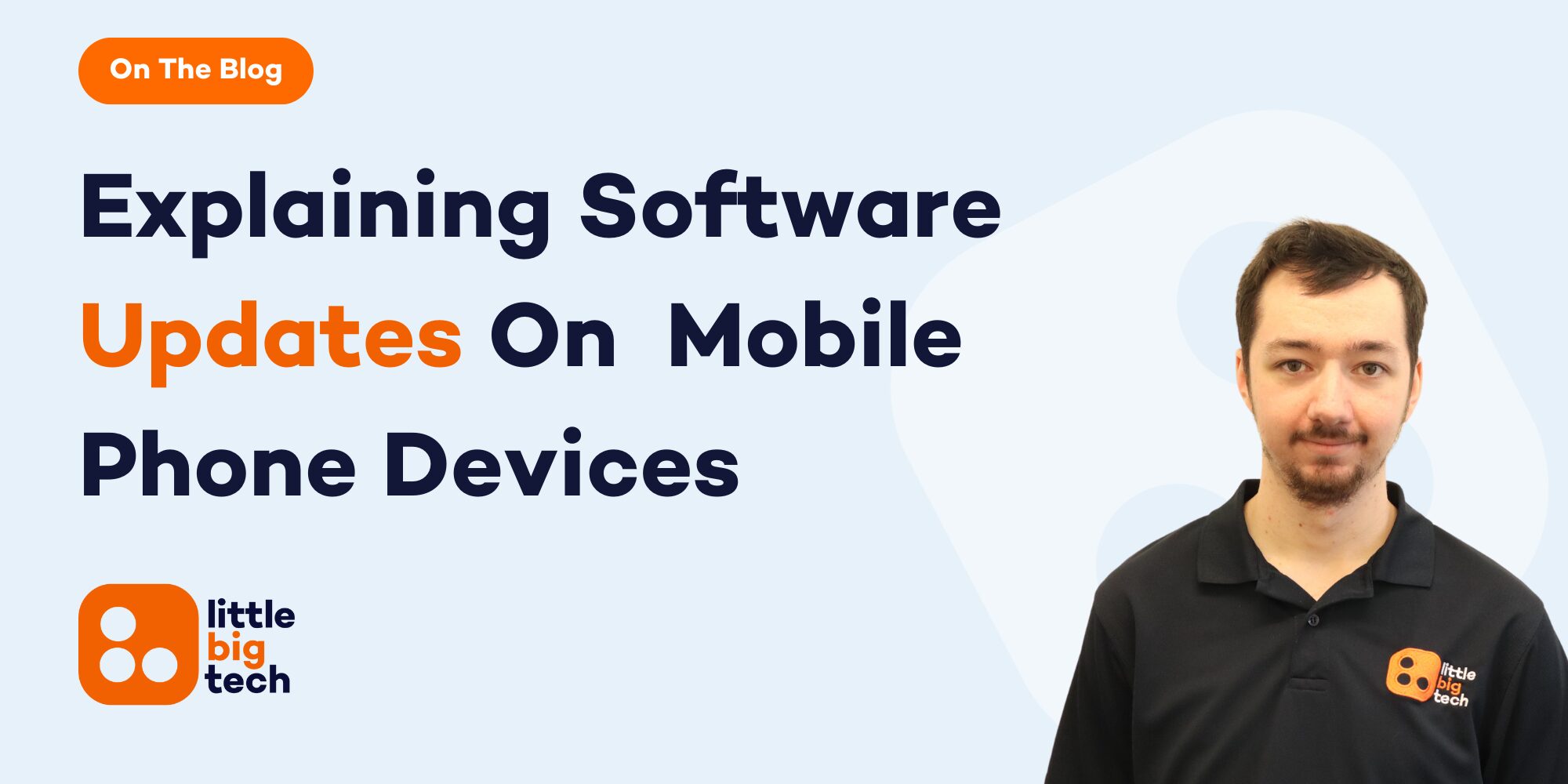Are The Software Updates On iPhone Worth It?
Many iPhone users ask the same question before tapping “Install Now”: are the latest software updates on iPhone worth it? This doubt often comes from fear that new updates might slow down the phone, drain the battery, or even break useful apps.
These worries are not without reason. There have been past cases where updates caused bugs or performance drops, especially on older models. Some people hold off for weeks or months, hoping to avoid the hassle. Others click “update” right away, trusting Apple to deliver improvements every time.
So, what’s really true? Are we just giving in to the hype every time Apple announces a new iOS version, or are we genuinely improving our devices by keeping them up to date? The answer is not simple, but it starts by understanding what’s in these updates and what they actually do to your phone.
In this guide, we’ll take a close look at what Apple includes in these updates, how they affect performance, what happens if you don’t install them, and whether newer or older models benefit the same way. We’ll also include real-world examples and advice from tech experts.
By the end, you’ll know whether you should hit that update button straight away or think twice especially if your iPhone is more than a few years old. Let’s break it down properly.
What’s Actually Inside These iPhone Software Updates?
Before deciding if the latest iPhone software updates are worth it, it helps to know what they actually contain. Apple rolls out iOS updates regularly, and each one typically offers a mix of improvements, fixes, and new features. But not every update affects every user in the same way especially if you have an older iPhone.
1. Security Patches: One of the most important parts of any software update is security. Each iOS version often includes fixes for bugs or threats that could let hackers into your phone. If you skip these updates, your phone might be left open to things like spyware, tracking, or data leaks.
2. Performance Improvements: Some updates are designed to help your phone run faster or smoother. These changes might not be very obvious but can help apps open quicker or reduce the number of crashes. For example, iOS 17 focused on better background task handling and app stability.
3. New Features and Tools: Updates usually bring new features too. This could be things like improved FaceTime options, better focus modes, or extra settings in Messages. Apple often uses these as selling points, but it’s worth asking whether you’ll actually use them. For example, if you’re not interested in using SharePlay or Journal, those features won’t add much to your daily experience.
4. Design Tweaks and Layout Changes: Some iOS updates also make visual changes to the home screen, widgets, lock screen, or system apps. These might make your phone feel fresh and modern or they might throw you off if you’re used to a certain layout.
5. App Compatibility and Developer Tools: Apps built for the newest version of iOS often rely on features that aren’t available in older versions. If you delay updates too long, some apps might stop working correctly, crash more often, or become completely unsupported.
How to Check What’s Inside
Before installing an update, you can read the release notes under “Software Update” in your phone settings. These notes give you a list of what’s been added or fixed. You can also find detailed update summaries on Apple’s official website or trusted tech news platforms.
Knowing exactly what’s inside helps you make an informed choice instead of just clicking update out of habit.

Do Updates Make iPhones Slower Or Improve Them?
A common fear for many iPhone users is that new software updates will slow down their device. If you’ve ever hesitated before tapping “Install Now”, you’re not alone. The question many ask is: do updates actually improve performance, or do they quietly reduce it to push users toward newer models?
Older iPhones and Slower Speeds: It’s true that older iPhones can feel slower after an update, but it’s not always because of planned slowdown. Newer software is built for the latest devices, which means older models might struggle with the demands of new features. A phone like the iPhone 8 running the same update as an iPhone 14 Pro won’t perform the same way.
Battery Health and Throttling: Back in 2017, Apple admitted to slowing down older phones with poor battery health to avoid sudden shutdowns. This caused a huge backlash, and since then, Apple has included battery health tools so users can see if performance is being limited. It’s now easier to track how your battery affects phone speed and whether you should replace it.
When Updates Help: Not every update harms performance. Many updates focus on making the system run smoother and apps launch quicker. For example, iOS 16 brought small but helpful changes in app responsiveness and background task handling, particularly for devices like the iPhone XR or SE 2nd gen. These sorts of improvements can make everyday use feel more stable, not slower.
User Experiences Vary: One user with an iPhone 11 might say their phone feels faster after updating, while another with an iPhone 7 might say the opposite. The result depends on your phone model, how much storage is left, and the apps you use. If your phone is already near capacity or has an ageing battery, a major update might strain it more.
How To Test Performance After Updating
You can notice performance changes by tracking how fast apps open, checking screen touch response, and seeing how often apps freeze. If you feel things are slowing down, check your battery health under Settings > Battery > Battery Health & Charging. If it’s below 80%, it could be time to replace the battery, not blame the update.
So while updates can sometimes feel like they slow things down, they don’t always. It’s more about how well your current iPhone handles the changes — and what steps you take to keep it running well.
The Risks Of Ignoring iPhone Software Updates
Many people skip software updates thinking they’ll avoid glitches or save battery. But what they don’t realise is that putting off updates brings real risks — some that could cost time, data or even money. Let’s look at what you might be exposing yourself to by not updating your iPhone regularly.
1. Missing Vital Security Patches: Apple releases updates to fix holes hackers could use to access your personal information. If you’re running an older version of iOS, your phone might still have those gaps. That means your emails, passwords, photos and even banking apps could be easier to access through WiFi hacks or malicious apps. Skipping updates is like leaving your front door unlocked.
2. Outdated Apps Stop Working Properly: Many popular apps depend on the latest iOS version to run smoothly. When developers update their apps to match a new system, they stop supporting older ones. If you don’t update your software, your favourite apps could start crashing, freezing or losing features. It’s especially common with apps that handle money, bookings or social media.
3. New Features Left Behind: Updates don’t just fix problems. They often include useful features that make your phone easier to use. Things like improved Face ID speed, customisation tools for lock screens or better photo editing tools are only available with newer updates. By ignoring them, you miss tools that could save you time or make your experience better.
4. Reduced Compatibility With Accessories: When iOS changes, so does how it connects to accessories like AirPods, smartwatches, or Bluetooth devices. Staying on an old version can lead to pairing problems, sound issues or syncing failures. This is especially frustrating if you rely on these tools every day.
5. No Protection Against Scam Links or Bad WiFi: Newer updates often strengthen how Safari and Mail detect dangerous websites or fake emails. If you’re using an old system, your phone won’t recognise the latest tricks scammers use. That makes it easier to fall into traps that could steal your information or infect your device.
So while updating might seem like a hassle, the risks of ignoring it are far worse. Updates are there to keep your phone safe, your apps working, and your personal data secure. Holding off could leave your device wide open.

Are Latest Software Updates On iPhone Worth It For Your Model?
Will a latest software update on iPhone be worth it for your model, or are they mainly built for the newest devices? This is a question many iPhone users ask before pressing that update button. The answer isn’t always one-size-fits-all. Your phone’s age, battery condition, and performance history all play a role in how well it handles the latest iOS versions.
Newer Models Benefit Most
If you’re using one of the latest iPhones — like the iPhone 14, 14 Pro, or anything in the 13 or 12 series — updates are generally built with your phone in mind. Apple wants to show off the latest tech, and your device is powerful enough to handle every new feature without strain. Battery life usually stays steady, performance remains fast, and new updates often unlock advanced camera or FaceTime improvements tailored for newer hardware.
Mid-Range Models Still Hold Up Well
Phones like the iPhone 11, XR or XS can still run newer iOS versions comfortably. While they may not get every new feature (like some augmented reality tools or live photo effects), they often benefit from security patches and general performance fixes. If your phone is in good shape, the updates are usually more helpful than harmful — especially if you’re concerned about staying secure while using apps or public WiFi.
Older Models: Proceed With Caution
For older models like the iPhone 8, 7 or even the SE 1st Gen, updates can be a mixed bag. On the one hand, they provide better security. On the other, they might slow down your phone or strain your battery. Some users have reported lagging apps or shorter battery life after updating. This doesn’t mean you shouldn’t update at all — but it might be worth waiting a week or two after release to see early feedback.
Battery Health Matters
Even newer models can suffer if the battery is worn out. Updates often demand more processing power, which in turn drains a weak battery faster. Before updating, go to your settings and check your battery health. If it’s below 80%, consider replacing it or postponing the update.
So, are the latest software updates on iPhone worth it for your model? If your phone is recent and well-maintained, yes. If it’s older or lagging already, you might want to hold off, or update with caution. Always back up your data first, and read early user experiences online.
Expert Advice From Little Big Tech On iPhone Updates
When it comes to iPhone updates, tech experts tend to agree on one thing the decision to update depends on your device and how you use it. The idea that updates are always good or always bad is too simple. Instead, it’s about weighing the benefits against the risks for your personal situation.
If you’re using a newer iPhone, experts say latest software updates on iPhone worth it all soon after release. These models are built to work with the latest iOS, and updates often fix bugs, improve battery use, and unlock features that your phone can fully handle. They also strengthen your device against the latest security threats, which is more important than ever with people using phones for banking, business, and everyday communication.
For those with older iPhones, experts suggest a bit more care. Updates might slow things down slightly or cause apps to behave differently. If your phone is already struggling, installing the newest iOS could push it too far. Experts often recommend waiting a few weeks after release to read other users’ experiences, then deciding based on what you hear and your current phone condition.
Another expert tip is to always back up your device before updating. It’s a simple step that can save you a lot of trouble if something goes wrong.
Lastly, check your battery health before pressing “update.” A battery in poor condition will make even a small update feel like a big burden on your phone. If it’s below 80%, replacing the battery first may give you a better experience overall.
In short, updates are useful but not always urgent. Listen to your device, follow expert advice, and update when it makes sense for you. Sometimes waiting a little can give you the smoothest and safest result.
more similar articles









